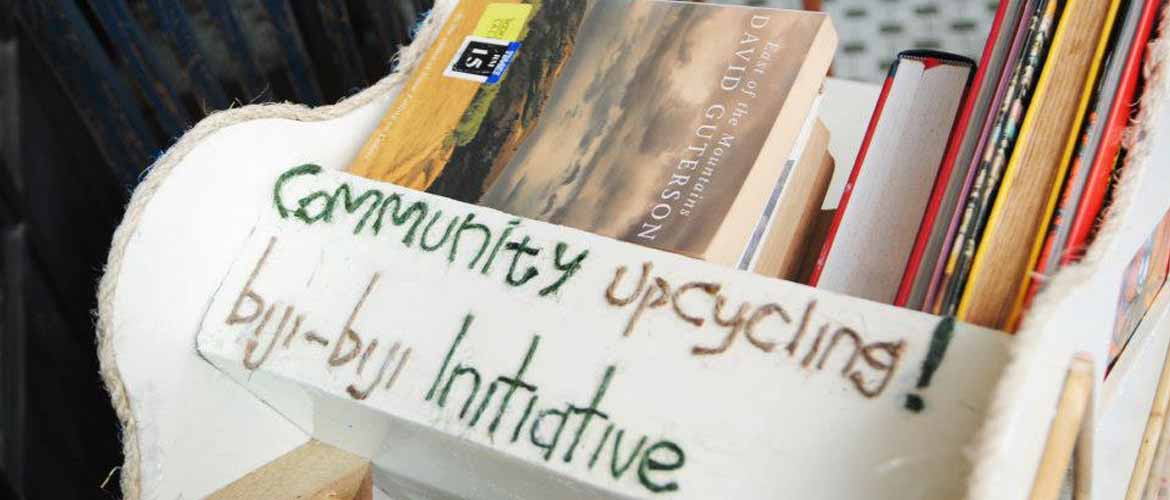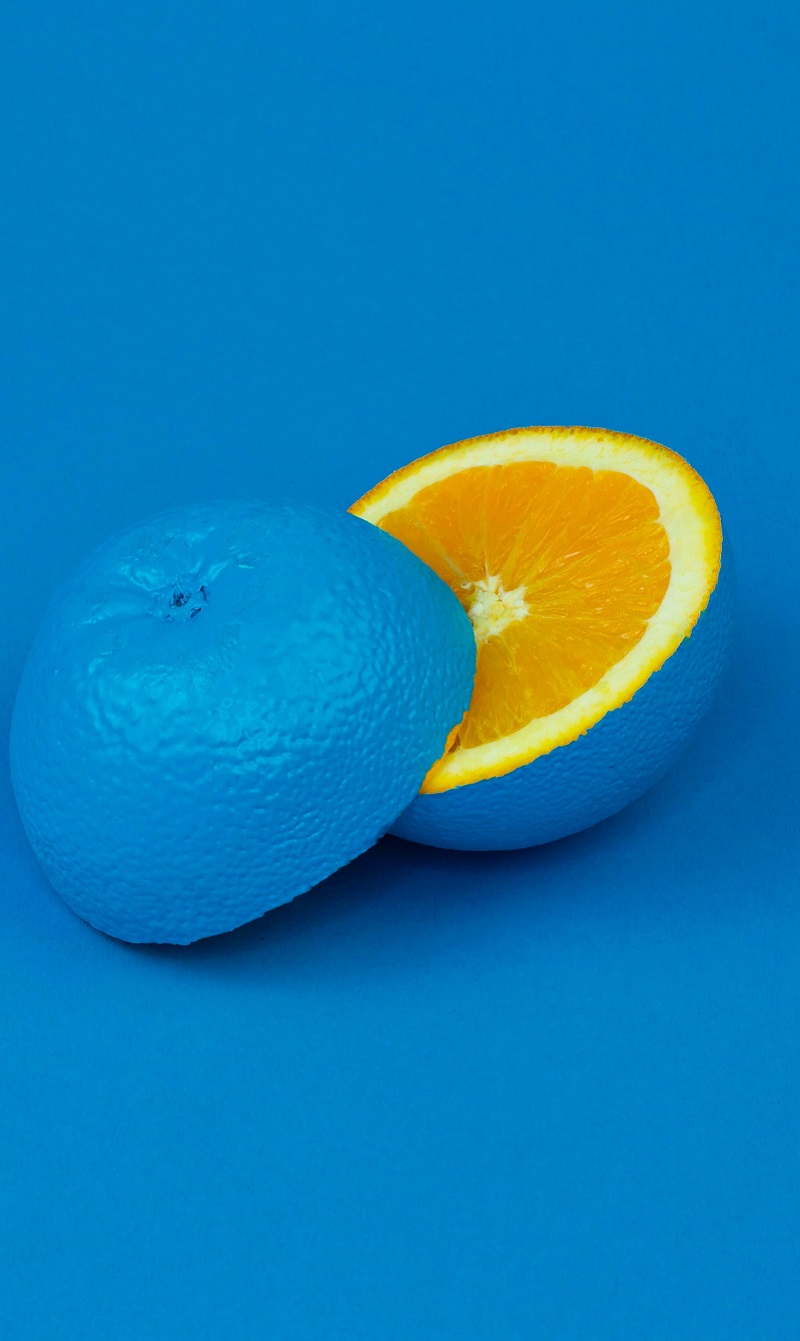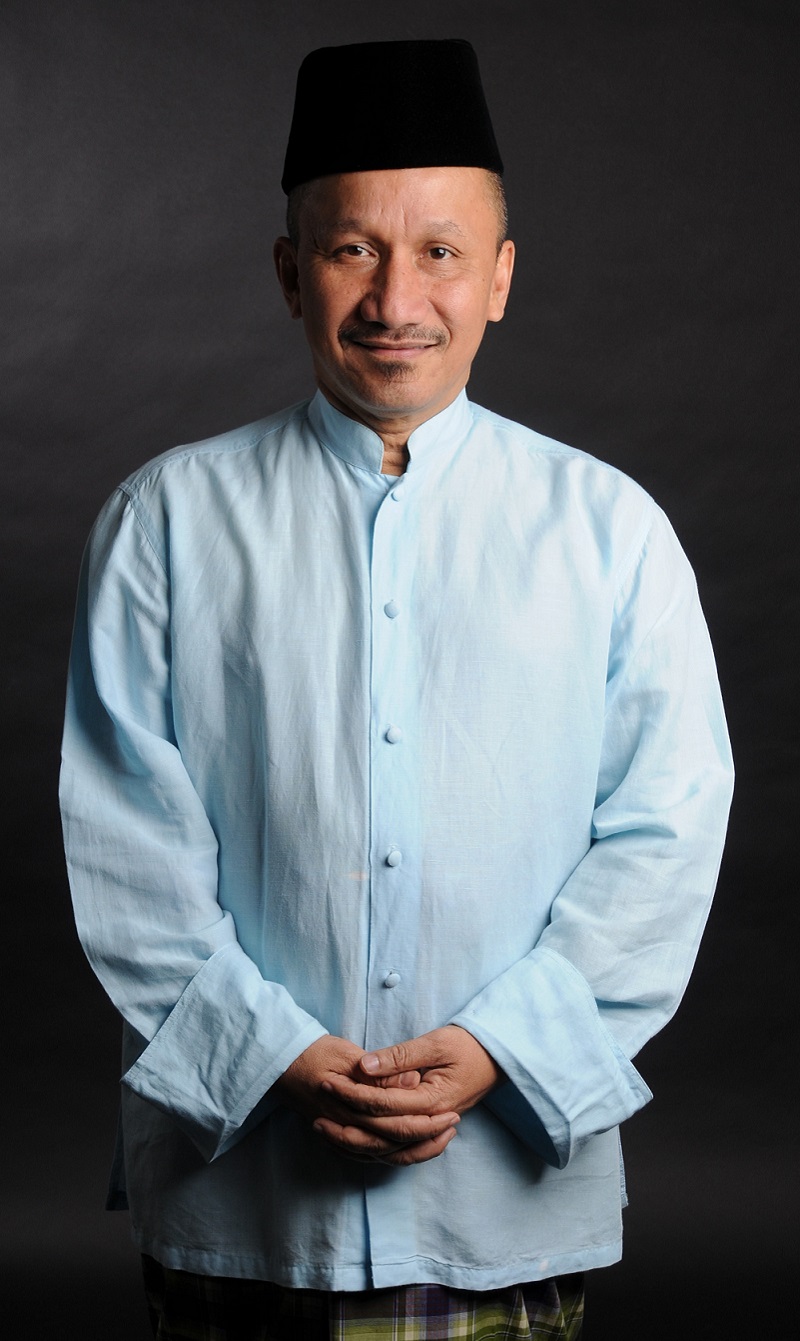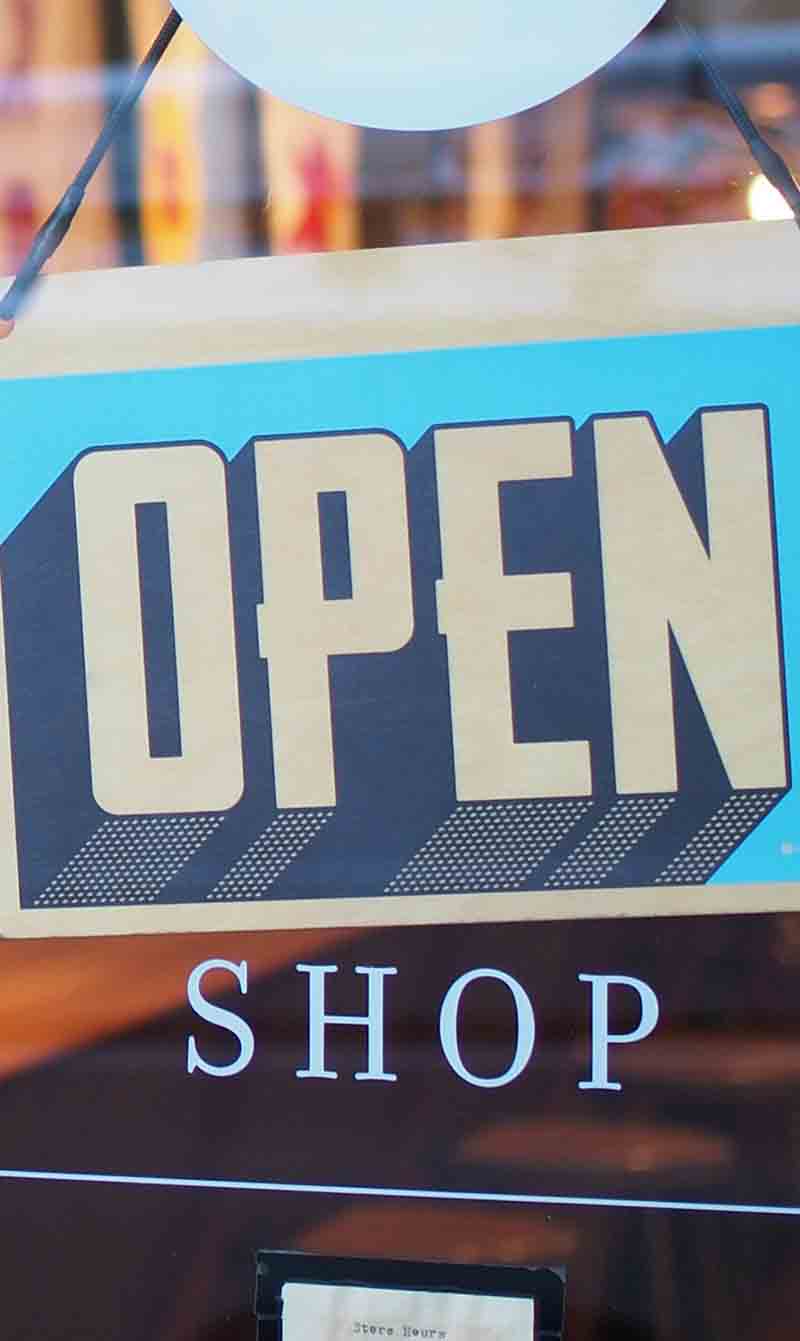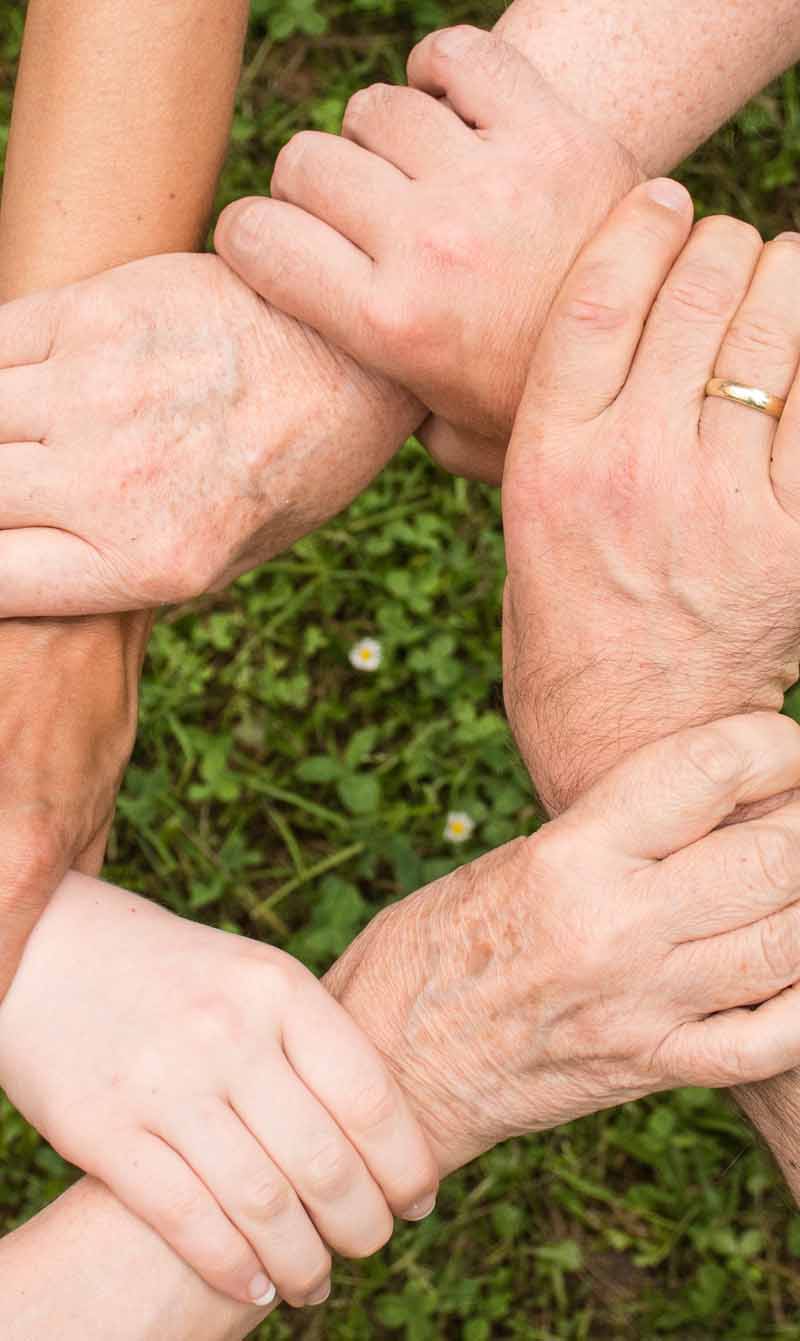Seeds of sustainability
Co-founder of the Biji-biji initiative, a business driven by sustainable development goals, displays the urgency in the need to manage waste in the urban setting and explains how Biji-biji sought to address the issue.
It’s a fact that some businesses consider sustainability, some don’t. Some are driven by it, while some not only adopt it but feel responsible for it. The United Nations asserts that sustainability is everyone’s responsibility because sustainability development goals can only be reached if everyone does their part even governments, the private sector, the community and individuals.
Biji-biji in Malay means seeds. However, in this case, it’s an initiative that’s driven to protect the urban environment by reusing unwanted materials people or businesses would normally throw out. Founders of Biji-biji notice, despite the many initiatives that carry out sustainability projects, especially in the rural areas, very few – if any – were in the urban setting. So, they decide to champion sustainability from the grassroots level in the heart of Kuala Lumpur, Malaysia.
Biji-biji was first sowed in 2013 by four friends Rashvin Pal Singh, Zoe Victoria Tate, Gurpreet Singh Dhillon and Syaril Azam Hisham. Although each comes from a different culture and professional background such as accounting, biomass, community development and journalism, addressing sustainability issues is a common thread among them. ‘Our inspiration for Biji-biji is seeing the [rising] waste problem around Kuala Lumpur,’ says Rashvin.
They may have started with four employees but now, in an impressively short time, Biji-biji employs over 40 people of which 30 are full-time staff and consists of four different departments of fashion, fabrication, tech and education.
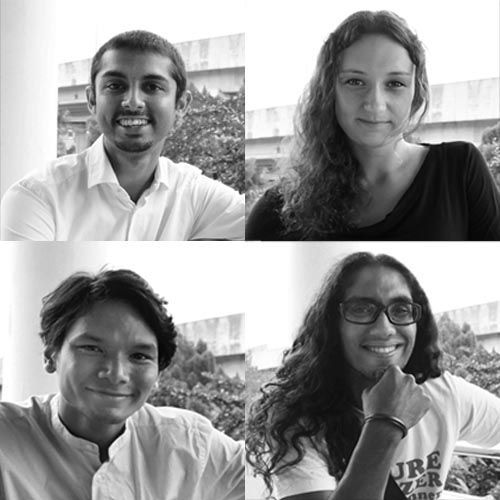
Growing the seeds
At first, the four friends were looking into creating an eco-resort where everything would be sustainable and reusable. Unfortunately, that vision required huge funding which they couldn’t realise. So, they decided to look at a more practical and achievable goal, capitalising on what they have. ‘The beginning was rather interesting and unexpected. While the four of us were living together in Kuala Lumpur, we noticed the apartment block nearby was throwing out construction waste – materials such as wood – that they no longer need and what they essentially considered as trash. That kick started the idea of Biji-biji,’ Rashvin recalls. ‘Ideas are never really ours, we’re only hosts to ideas, for us to pursue them together,’ is Gurpreet’s constant reminder to the partners.
They first went public through Facebook as soon as they started in 2012, opening their page to share pictures of what materials they collected and reused. Soon after their first post, support poured in through friends and family with requests to collect their unwanted materials. So, the four of them started collecting. Marketing began as simple as that, they told their story, they did things differently and kept people updated through social media of their daily progress.
‘People were really supportive,’ Rashvin says. ‘They tried to help in any way possible, by donating materials and spreading the word.’ But Rashvin and the team realised that what they had collected was too much that they weren’t able to contain everything under one roof. Not everything they collected could be reused for production purposes, hence they had to stop accepting everything from everyone.
They could only accept and manage materials that were in bulk. In order to create large quantities of the same product, it made sense to have a larger amount of material and resources to create and test. Biji-biji’s line of products took off smoothly from the word go. It was also due to their first contract from the World Innovation Forum (WIF-KL) to create innovative bags for the forum delegates in 2013.
Planting roots
Since then Biji-biji has received many other collaborations and clients over the years. The most recent being the upcoming Rainforest Music Festival in July 2017 in Sarawak, Malaysia. Biji-biji’s producing bags for them out of discarded PVC banners from the music festival’s past years’ events and is also helping them manage their next event in a sustainable manner.
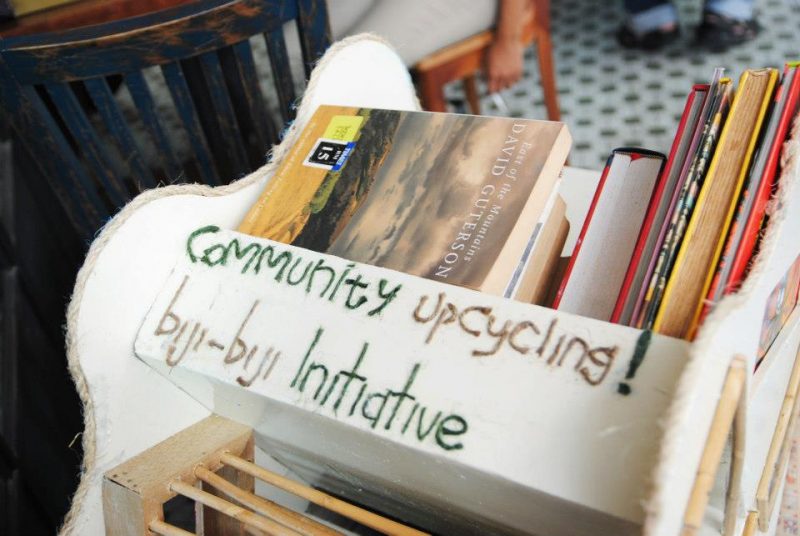
One of the first sustainable products made by the Biji-biji team, which is still being used today, is a wooden bookshelf. It’s also used in a very sustainable way because it’s made available for the public to place books for reading and borrowing.
Money really doesn’t grow on trees
Being sustainable and eco-friendly raises a very different signal for customers. They assume products will be cheap because they’re made out of reusable material. ‘The reality is that providing handmade products isn’t cheap and in order for people to be aware of what it takes, they must understand the sustainability issues and how important it is to preserve the environment,’ Rashvin explains.
Ensuring low costs for customers and quality products at the same time isn’t the only challenge for Biji-biji. ‘Managing finances was quite a mess from day one,’ Rashvin recalls and goes on to explain how they managed cash-flows, impossible deadlines and running the entire operation on a shoe-string budget.
‘We used basic tools, excel and hardcopy folders to record,’ he says. However, over time, they slowly begin to use an accounting software, online recording of receipts and other ways of managing. ‘Although it was a difficult time, it was a very humbling experience that taught us many lessons – from understanding ourselves better, to collaborating with various different groups of people and being persistent to achieve our goals,‘ he says.
‘But it‘s definitely not for everybody,‘ he warns. ‘You have to take the ups and downs in your stride and don‘t let the stress get the better of you.’
Turning over the leaves
Their first grant from WIF-KL was a major turning point for Biji-biji. It entailed the production of 2,000 bags, setting up the different departments and then moving to their workshop on Jalan Ipoh. All of that signalled them to go further, to turn over leaves and progress.
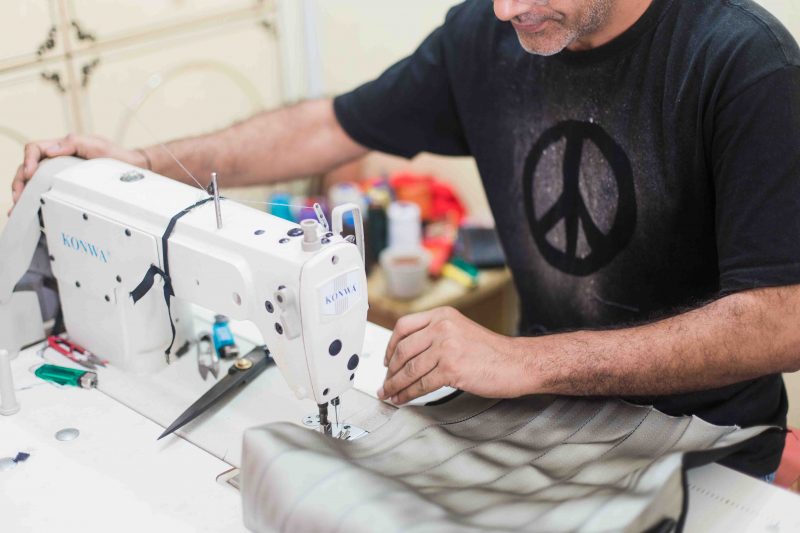
Today, Biji-biji’s various workshops in Kuala Lumpur are open to public. They teach a variety of skills. For example a workshop by Biji-biji’s fashion department teaches how to make bags; the ones by their fabrication department teach you how to create furniture and art installations, and; the ones by their tech department teach you how to create solar and alternative power generation. ‘We also hold certain workshops and modules to teach about sustainability,’ Rashvin adds.
Biji-biji struggles to make the best quality products while keeping prices low, for the best economic solutions. ‘Providing handmade products is not cheap but people expect it to be cheaper than other products since it’s made out of reusable material. It’s difficult to make people aware of the importance of sustainability in preserving our environment,’ Rashvin says ruefully.
Last words
Who knew all this stemmed from a common vision among four young professionals and six months of discussions, debates and bouncing ideas of Biji-biji before it was realised. When asked how they maintain or measure their sustainability projects impact, Rashvin says their dedication on this front and the framework they follow under their sustainability key performance indicators measures their impact on the environment.
‘It’s very important that a company creates sustainable solutions to promote positive environmental impact when manufacturing goods. We need to create socio-economic values,’ he concludes.
___________________
Photo by Federica Galli on Unsplash
